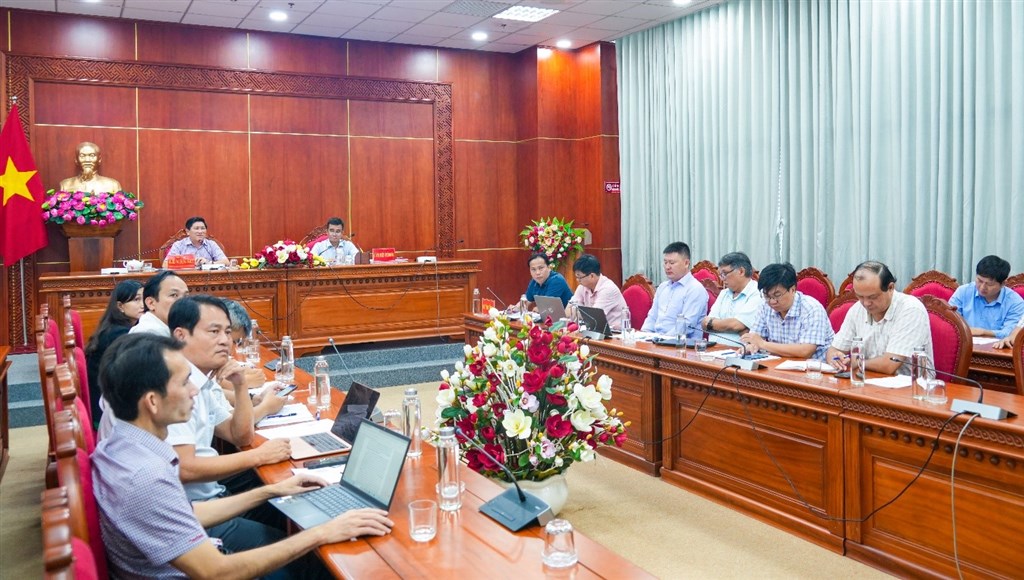
Delegates attending the meeting at the provincial bridge point.
According to the plan, the province will expand 1,500 hectares of super-intensive shrimp farming using recirculating technology (RAS).
Departments, branches and localities in the province have urgently organized for people, cooperatives and cooperatives to apply the improved extensive shrimp farming model applying science and technology to increase productivity to 550 kg/ha and expand 1,500 hectares of super-intensive shrimp farming applying recirculation technology (RAS).
By the end of September 2025, shrimp output is estimated to reach 584,500 tons, reaching 103.34% over the same period in 2024, reaching 109.09% of the plan. After reviewing the shrimp farming area, it is 417,992 hectares, equal to 97.88% of the assigned target, equal to 99.62% of the target; the shrimp farming area is 9,055 hectares lower than the target assigned to the agricultural sector in 2025 (427,047 hectares).
For the rice industry, up to now, 283,079 hectares have been planted/314,982 hectares planned, reaching 90% of the plan; 280,947 hectares have been harvested/283,079 hectares have been planted, reaching 99.2% of the planted area; average yield is 5.97 tons/ha; estimated output is 1,677,381 tons. Estimated output for the whole year 2025 is about 1,895,731 tons, reaching 103% of the plan, reaching 103% over the same period.
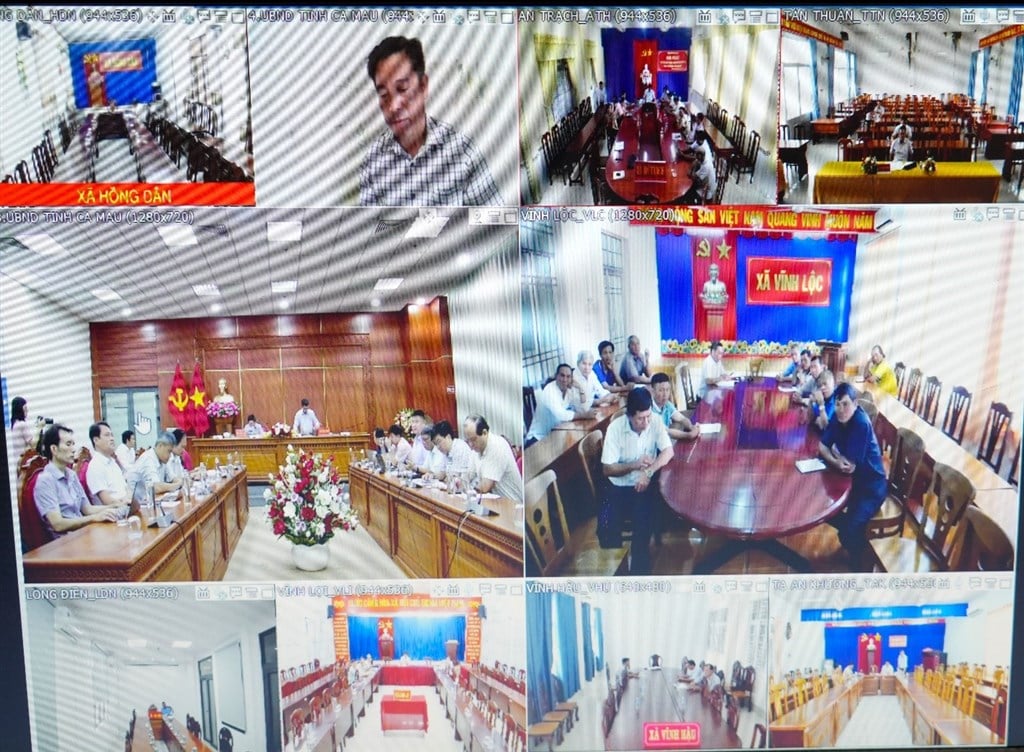
The meeting was connected online to communes and wards in the province.
Accompanying the province in organic rice production, Global Organic Clean Agriculture Group Co., Ltd. signed a cooperation agreement with the province. The company worked with 123 cooperatives to select cooperatives to implement a high-quality, low-emission, organic rice model. Regarding policies, the company supports fertilizers and pesticides, supports technical process training for farmers once at the beginning of the season, supports screens so that localities can train online, and purchases at the end of the season at high prices. The production of organic rice between the company and farmers ensures that it does not affect the productivity and quality of farmed shrimp.
According to reports from localities, cooperatives and unions: Currently, shrimp farming is being affected by the water environment, due to the lack of synchronous investment in the irrigation system, leading to a decline in the quality of rice and shrimp.
On the other hand, the weather is currently in the rainy and stormy season, the application of machinery to design ponds according to the recirculating shrimp farming technology (RAS) of some households is facing difficulties and has not been implemented. In addition, the output price is unstable, farmers are at risk of many risks. Thereby, the delegates proposed solutions, the functional sector also made recommendations to overcome the difficulties being encountered, contributing to improving the quality and productivity of rice and shrimp in the province.
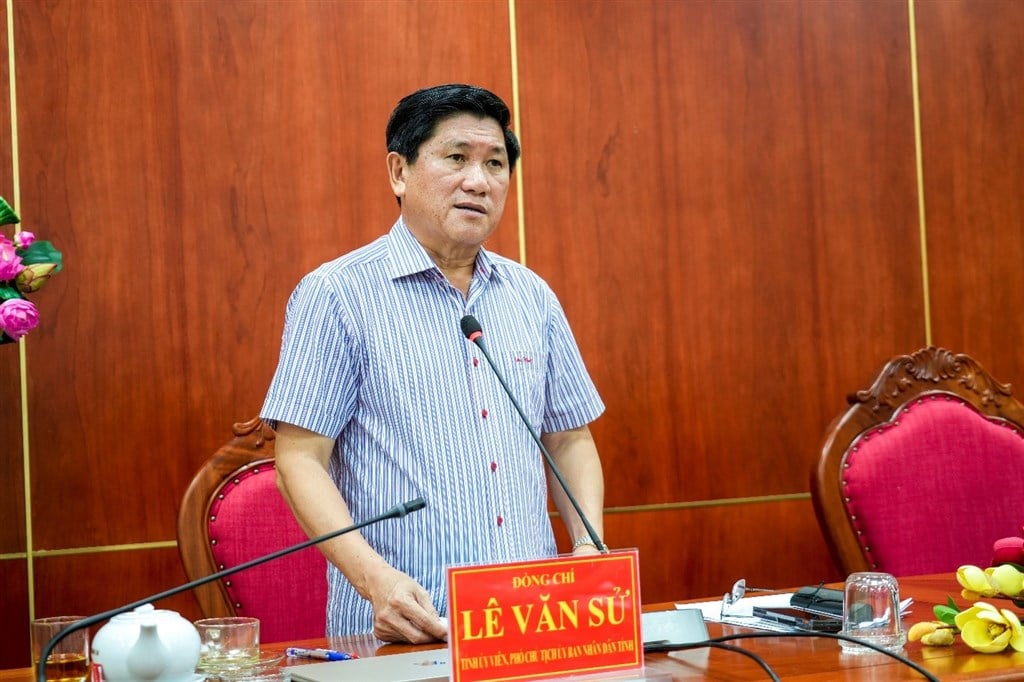
Vice Chairman of the Provincial People's Committee Le Van Su spoke at the meeting.
Speaking at the meeting, Vice Chairman of the Provincial People's Committee Le Van Su said: The implementation of the plan to expand 1,500 hectares of super-intensive shrimp farming using RAS technology took place in the context of many changes in the arrangement and stabilization of the organizational apparatus of the local government at 2 levels, but with the efforts of functional sectors, localities and farmers, the production situation has had new changes, achieving some initial results.
The task that needs to be completed is still a big challenge. Vice Chairman of the Provincial People's Committee Le Van Su hopes that the sectors, levels and people will continue to make efforts so that the growth of the Agriculture and Environment sector is truly an important contribution to the overall growth target of the province.
From the current difficulties, Vice Chairman of the Provincial People's Committee Le Van Su requested relevant units, communes, wards and collective economic organizations to review and determine production organization models, prioritizing cooperation methods between enterprises and farmers; in which, the parties must clearly and specifically discuss through cooperation contracts from scale, form to production process, ensuring to meet the requirements of the assigned plan. At the same time, it is necessary to closely monitor market developments, strengthen cooperation and linkage to have accurate forecasts for people, cooperatives and cooperatives in the production process as well as output prices.
Vice Chairman of the Provincial People's Committee Le Van Su requested to step up propaganda and mobilization work to raise awareness among production subjects about the plan being implemented by the province, thereby creating a premise to consolidate the collective economic model; mobilize the participation of Party committees and authorities, considering this an important political task of their locality; the Department of Agriculture and Environment proactively implements the tasks of the plan, paying attention to strengthening coordination between units under the department, between the department and other units during the implementation process.
Source: https://www.camau.gov.vn/kinh-te/thao-go-kho-khan-trong-san-xuat-tom-lua-gan-voi-phat-trien-hop-tac-xa-289088


![[Photo] Hanoi morning of October 1: Prolonged flooding, people wade to work](https://vphoto.vietnam.vn/thumb/1200x675/vietnam/resource/IMAGE/2025/10/1/189be28938e3493fa26b2938efa2059e)





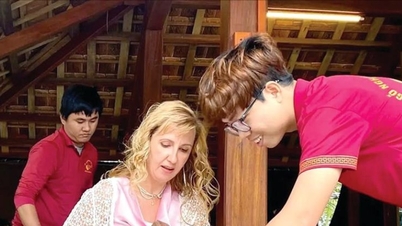


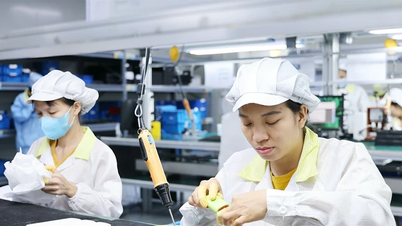

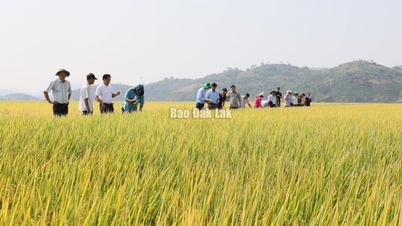

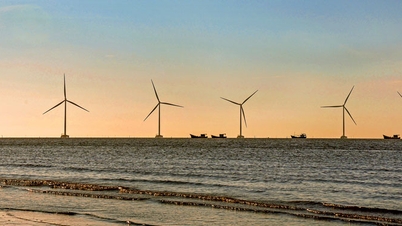







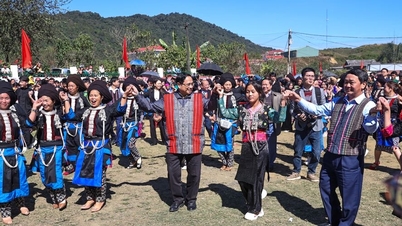
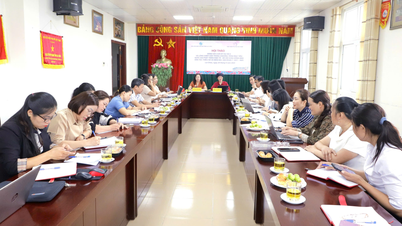
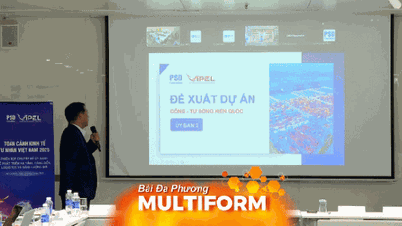

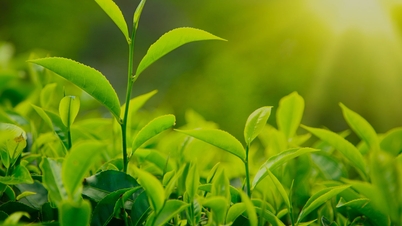

![[Photo] Panorama of the cable-stayed bridge, the final bottleneck of the Ben Luc-Long Thanh expressway](https://vphoto.vietnam.vn/thumb/1200x675/vietnam/resource/IMAGE/2025/9/30/391fdf21025541d6b2f092e49a17243f)
![[Photo] The 1st Congress of Phu Tho Provincial Party Committee, term 2025-2030](https://vphoto.vietnam.vn/thumb/1200x675/vietnam/resource/IMAGE/2025/9/30/1507da06216649bba8a1ce6251816820)
![[Photo] President Luong Cuong receives President of the Cuban National Assembly Esteban Lazo Hernandez](https://vphoto.vietnam.vn/thumb/1200x675/vietnam/resource/IMAGE/2025/9/30/4d38932911c24f6ea1936252bd5427fa)
























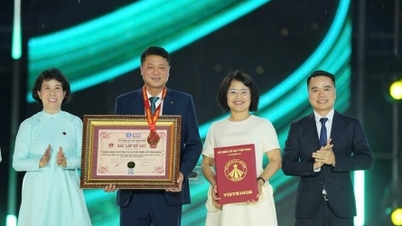
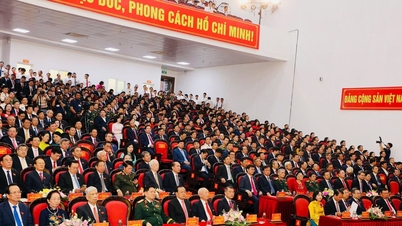

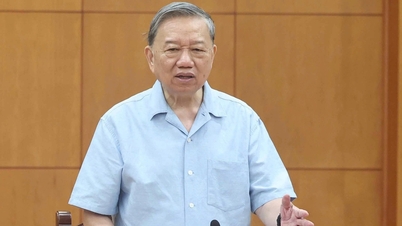
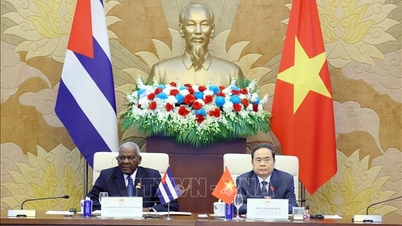

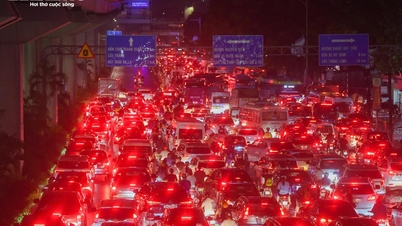

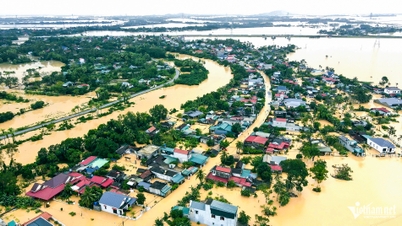



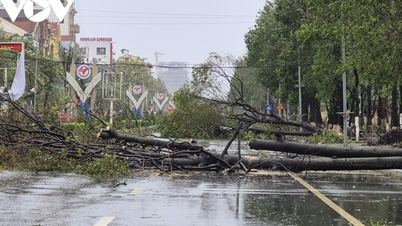
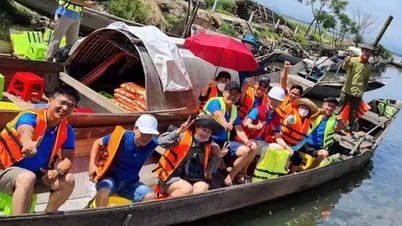
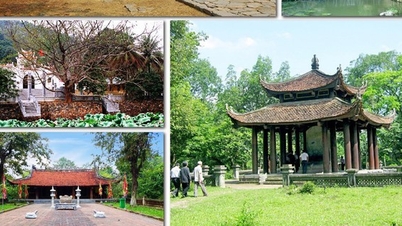
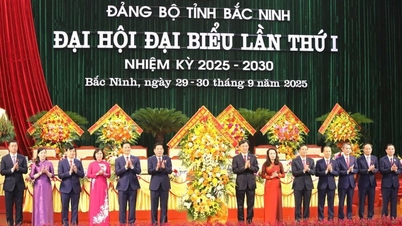

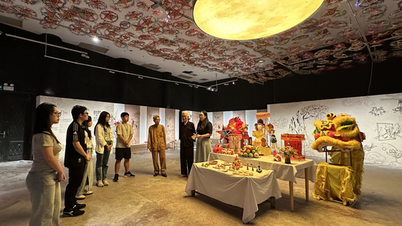
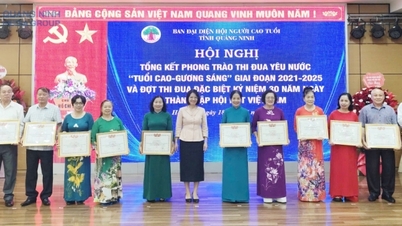



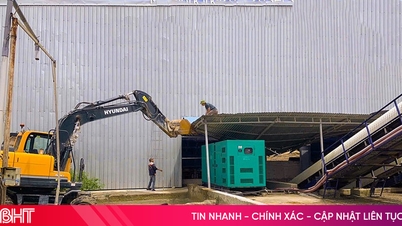



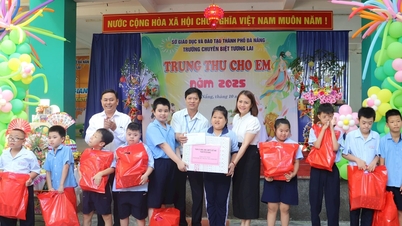
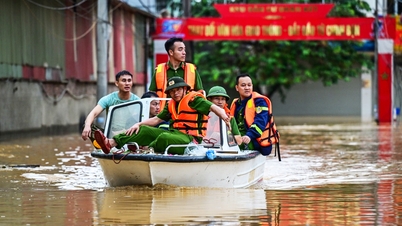













Comment (0)